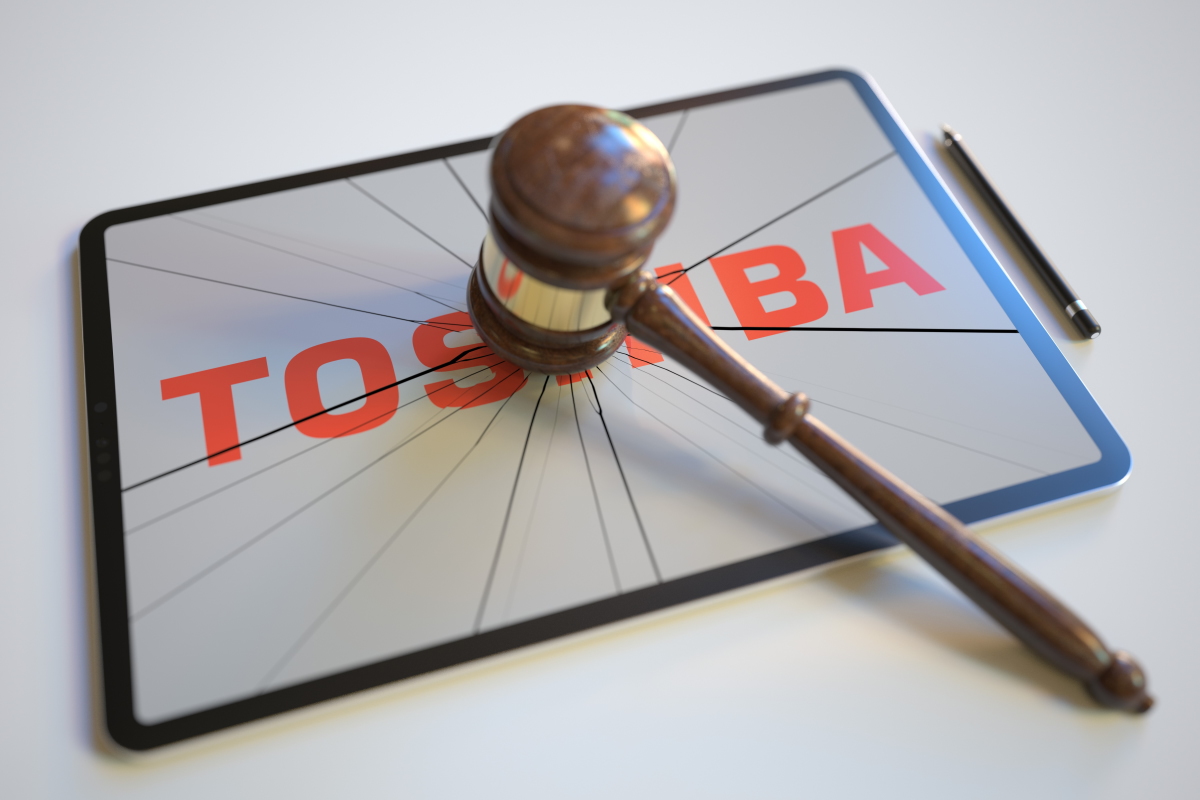Toshiba, the nearly 150-year-old Japanese corporation, has been in controversy for the past few years – starting with the accounting scandal, and most recently for the murky battle between the management and foreign activist investors. Earlier this week Toshiba shareholders voted down a major restructuring plan to split the company into two.
The troubles of the company lie deep within the beliefs of the Japanese society and ‘Keiretsu’ – a group of companies having interlocking business relationships and cross-shareholdings. These are unofficial groups that help each other in times of crisis and work towards the welfare of all. However, this becomes a problem as these companies can take on too much debt or make risky bets. It also reduces the competition and results in closed markets and monopolistic tendencies, writes Canada’s Corporate Finance Institute.
Previously, big banks and other companies had stepped in to rescue companies whose business was failing – UFJ was rescued by Mitsubishi Tokyo Financial Group, the government urged to form a consortium to prevent the takeover of chipmaker Renesas by US private equity fund KKR. Toshiba is part of the Mitsui keiretsu, but this time around the group did not come to bail out the technology firm. “The deal of Japan Inc was: ‘I will help you when times are tough’,” Jesper Koll, head of the fund manager WisdomTree Japan, tells Financial Times.
What changed for Japanese corporate governance
The old structure of corporate governance in Japan had created a lot of distrust for foreign and individual shareholders, as insufficient disclosure was rampant. In 2015, as part of the ‘Abenomics’ moves by Prime Minister Shinzo Abe, Japan introduced a new Corporate Governance Code to spur economic growth. This was the same year Toshiba’s accounting scandal came to the fore, pushing the company to the brink of bankruptcy.
In 2021, the original corporate governance code was amended to make additional provisions for diversity and enhance board independence. A couple of months down the line, shareholders of Toshiba Corp ousted Chairman of the Board Osamu Nagayama, marking a big win for the country’s corporate governance. However, shortly after an independent investigation found that Toshiba had colluded with government officials to prevent shareholders from executing their voting rights.
Hong Kong-based capital markets investment group CLSA in a report said that shareholders’ unwillingness to engage with the management, despite having the rights, was a problem for the progress of corporate governance reforms. The report found that 49% of TOPIX companies failed to hit a target of 8% return on investment over 5 years, but several CEOs continued to enjoy majority shareholder support.
Progress has been made but loopholes remain
Japan is trying to cope with international standards of corporate governance, but some organizations are still prioritising government policy objectives or public services instead of shareholder interest, said Capital Group analyst Harry Gunji during a Q&A Session titled ‘Japan corporate governance: More reforms are on the way’.
“Low levels of corporate governance is quite a common issue among old economy companies in Japan. The good news is the government is aware of this problem,” said Gunji.
Capital Group statistics show that dividend payouts in Japan have been rising rapidly over the past couple of years, increasing the return on equity (ROE) for investors. “Most companies in Japan used to be funded by the banks, so they do not really understand why having a higher ROE is critical to sustaining their long-term growth,” the Capital Group analyst says.
Activist shareholders are conducting campaigns against a record number of Japanese companies. In 2021 nearly 26% of global activist shareholder campaigns were in Japan (up from 6% in 2015), second only behind the US, Lazard said in a report. The asset management firm said it viewed the Toshiba shareholder win as a watershed moment that “may catalyze further scrutiny of Japan’s corporate governance system.”
While the Toshiba case remains in limbo due to deeper shareholder disagreements, foreign money is slowly making its way to Japan. In 2018, Warren Buffett’s Berkshire Hathway said it had invested $6 bn in five Japanese trading companies.
Meanwhile, EquitiesFirst Asia director Alexander Kent in an interview with S&P Global Market Intelligence said, “A unifying theme is that corporate governance is kind of unleashed in Asia. Expectations are changing among the investor community. So, they are expecting more from boards, companies and governance. And it also grassroots up. So, populations, consumers and employees actually have changing expectations towards companies.”










 Australia
Australia China
China India
India Indonesia
Indonesia Japan
Japan Malaysia
Malaysia Philippines
Philippines Singapore
Singapore South Korea
South Korea Taiwan
Taiwan Thailand
Thailand Vietnam
Vietnam
 Germany
Germany Hong Kong
Hong Kong USA
USA Switzerland
Switzerland Singapore
Singapore United Kingdom
United Kingdom








